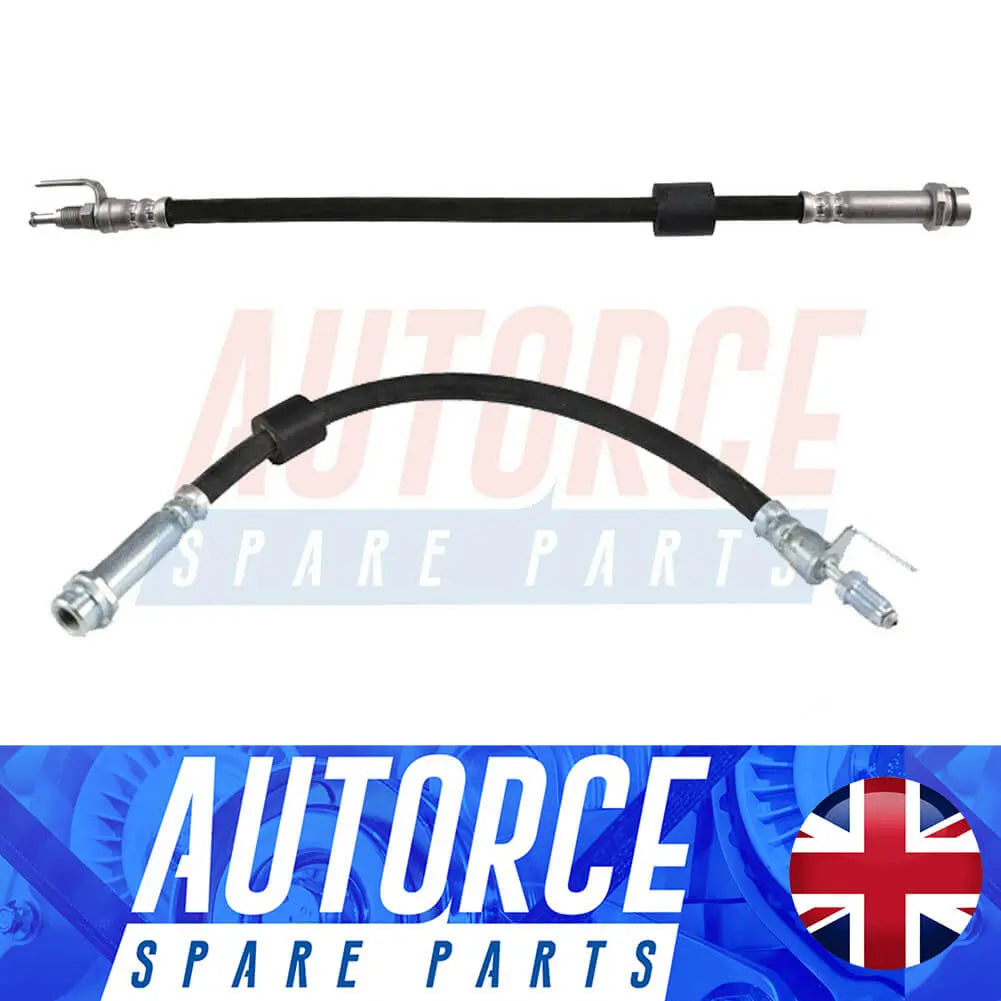Brake Hose
1 product
Showing 1 - 1 of 1 product
Understanding the Brake Hose: A Vital Component for Your Car's Safety
The brake system is one of the most critical safety components in any vehicle, and its effectiveness relies on various parts working together seamlessly. One of these crucial components is the brake hose, a simple yet essential part that plays a significant role in ensuring your car's stopping power. In this article, we will delve into what a brake hose is, how it functions, why it is essential for your car's safety, and the importance of regular maintenance.What is a Brake Hose?
A brake hose is a flexible tube made of reinforced rubber or synthetic materials that connects the brake caliper or wheel cylinder to the metal brake lines. These hoses allow the transmission of hydraulic brake fluid, pressurized by the master cylinder, to the brake components at each wheel. Brake hoses are typically located near the wheels and must withstand high hydraulic pressure while remaining flexible to accommodate the suspension's movement.How Does a Brake Hose Work?
When you press the brake pedal, the master cylinder generates hydraulic pressure, which is then transmitted through the metal brake lines to the brake calipers or wheel cylinders. These calipers or cylinders then activate the brake pads or shoes, causing them to press against the brake rotors or drums, ultimately slowing down or stopping the vehicle.The brake hose plays a crucial role in this process. As hydraulic pressure builds up in the brake lines, it is channeled through the brake hose to the brake calipers or wheel cylinders. The flexibility of the hose allows the calipers or cylinders to move with the suspension while maintaining a steady flow of brake fluid. Once the pressure is released by releasing the brake pedal, the brake hose allows the fluid to flow back to the master cylinder, releasing the braking force.
Importance of a Reliable Brake Hose
Safety: The primary reason for the brake hose's importance lies in its role in ensuring the safety of the vehicle's occupants and others on the road. A compromised brake hose can lead to a loss of hydraulic pressure, causing a reduction in braking performance, longer stopping distances, and potential brake failure. A reliable brake hose is vital for quick and efficient braking response, which can be critical in emergency situations.Durability and Longevity: Brake hoses are exposed to a range of environmental factors, including heat, road debris, moisture, and chemicals. Over time, these factors can cause the hose to deteriorate, leading to leaks or even bursting. Regular maintenance and inspection can help identify signs of wear and tear, ensuring the hose's longevity and preventing potential hazards.
Optimal Brake Performance: A well-maintained brake hose ensures that hydraulic pressure is consistently transmitted to the brake components, allowing for optimal brake performance. Any obstruction or damage to the hose can hinder the flow of brake fluid, reducing the effectiveness of the braking system.
Maintenance and Replacement
Regular maintenance of the brake hose is essential to ensure its reliability and longevity. Here are some tips for proper brake hose maintenance:Visual Inspection: Routinely inspect the brake hoses for any signs of cracks, bulges, leaks, or abrasions. If you notice any damage, have the hoses inspected by a professional mechanic and replace them if necessary.
Brake Fluid Flush: Regularly flush and replace the brake fluid as per the manufacturer's recommendations. Old brake fluid can contain contaminants that might accelerate hose deterioration.
Suspension Check: Ensure that the suspension components are in good condition to prevent excessive strain on the brake hoses during suspension movement.
Professional Inspection: During routine vehicle maintenance, have a qualified mechanic inspect the entire brake system, including the brake hoses, to identify any potential issues.
The brake hose might seem like a simple component, but its role in maintaining the safety and performance of your car's brake system cannot be underestimated. Regular maintenance and timely replacement of worn-out hoses are crucial steps in ensuring your vehicle's brakes operate at their best. Remember, a well-maintained brake hose contributes to reliable braking performance, shorter stopping distances, and most importantly, a safer driving experience for you and everyone on the road.
Showing 1 - 1 of 1 product
Display
View


2 Pcs Front Brake Hose Pipe For Ford Transit Mk6 V347, V348 (2006 - 2014) 1371515, 1383533, 1694317, 6C112078AB
In stock, 30 units
Sale price£15.90
Filters (0)
